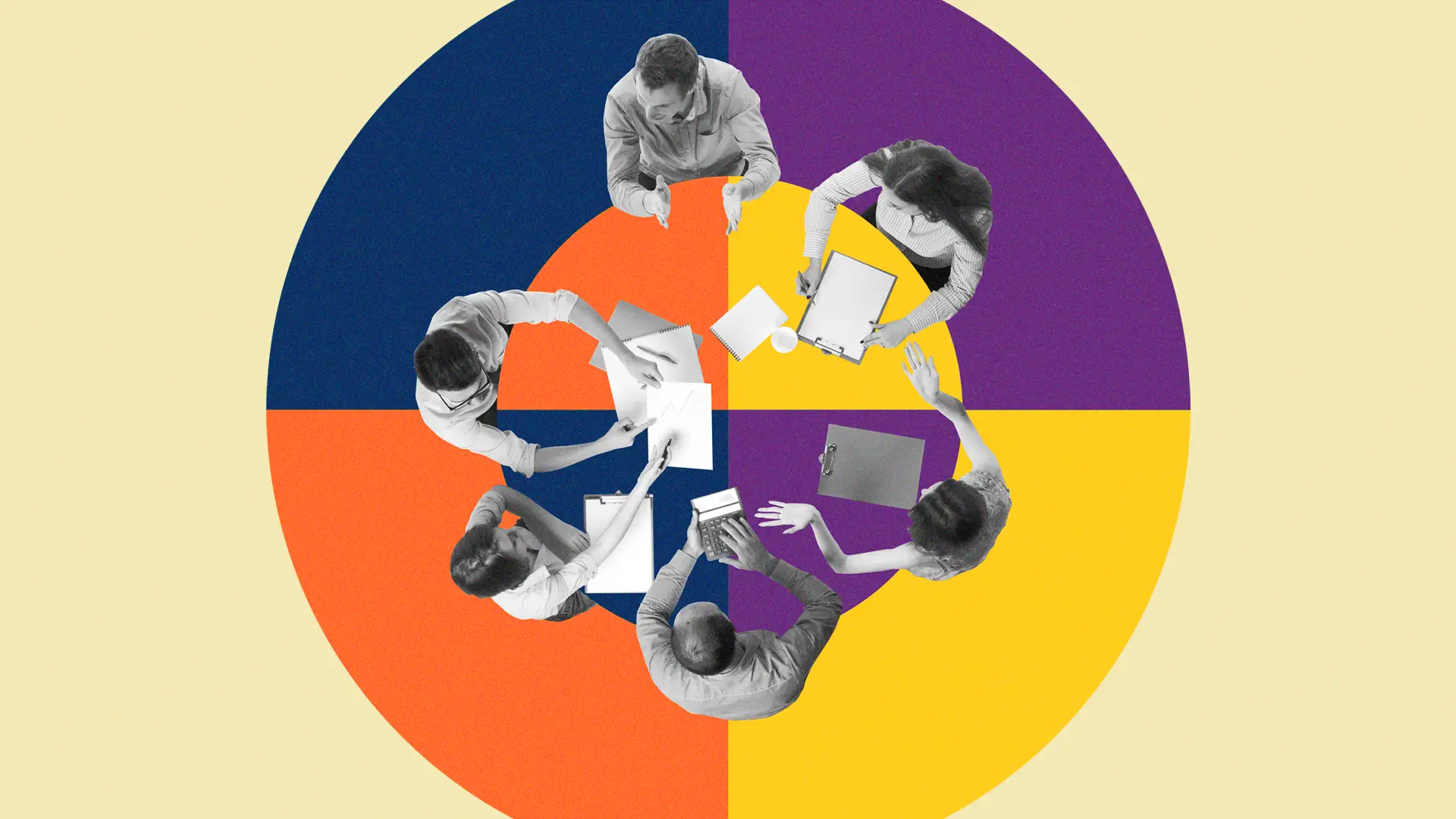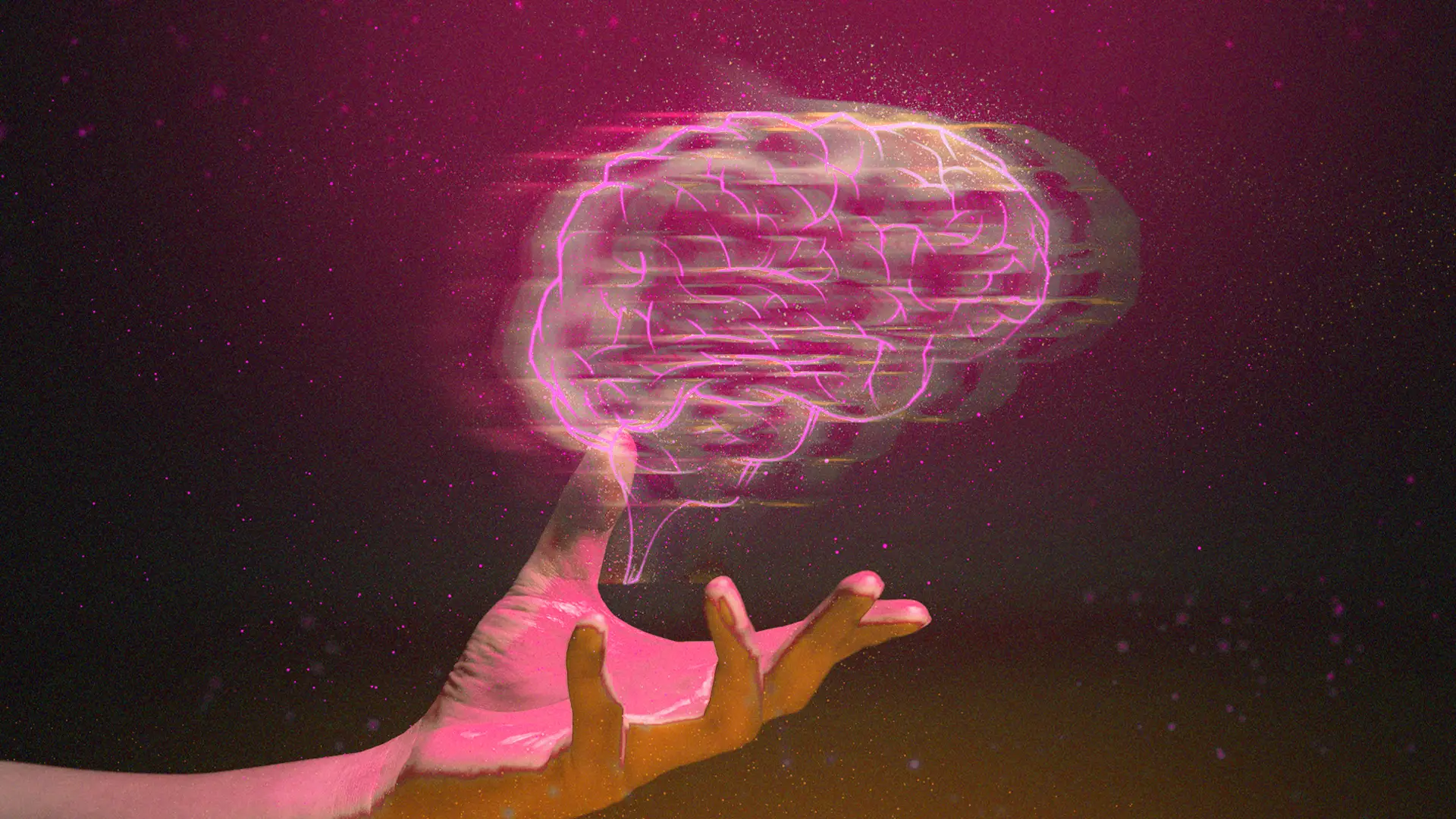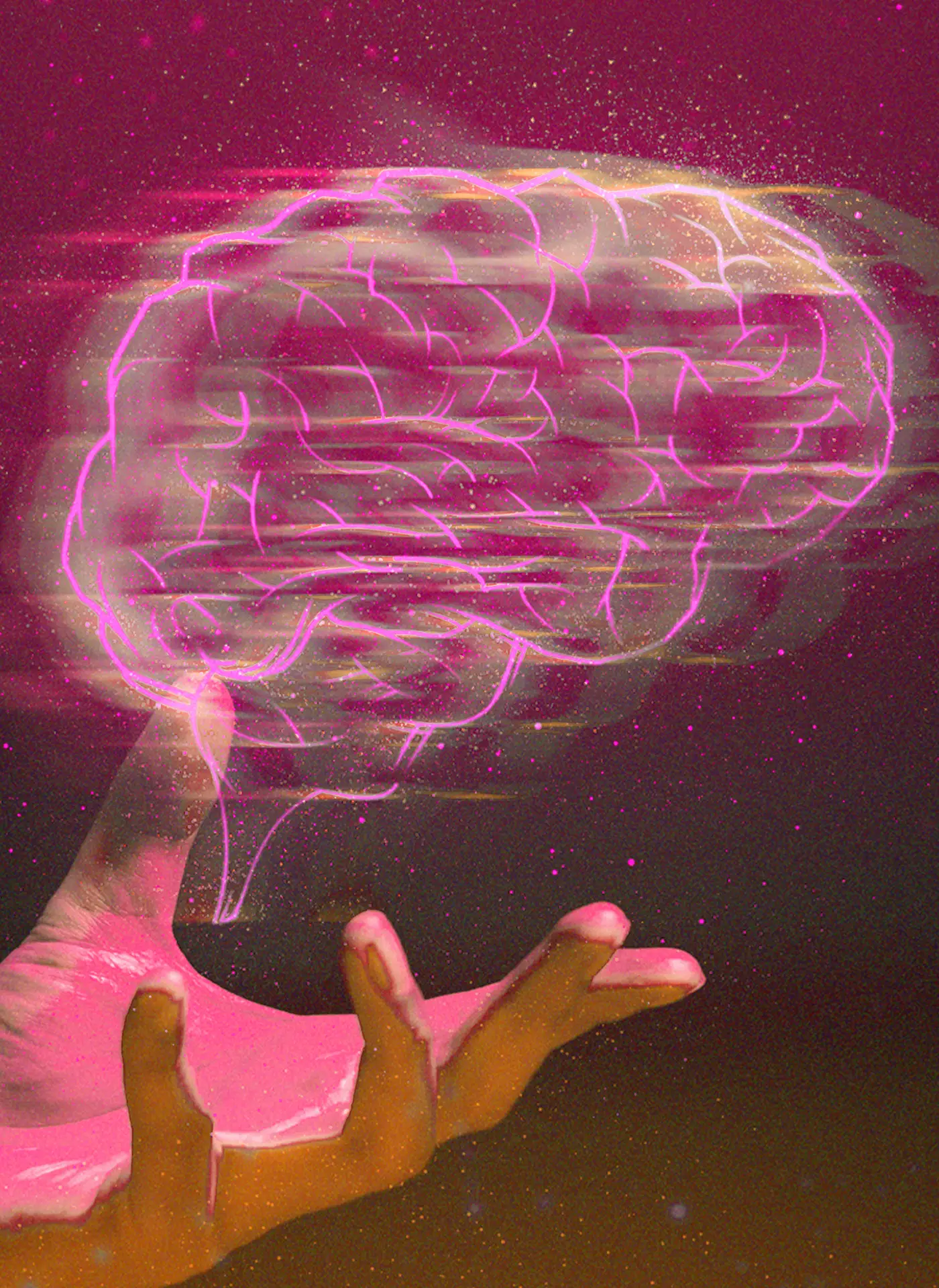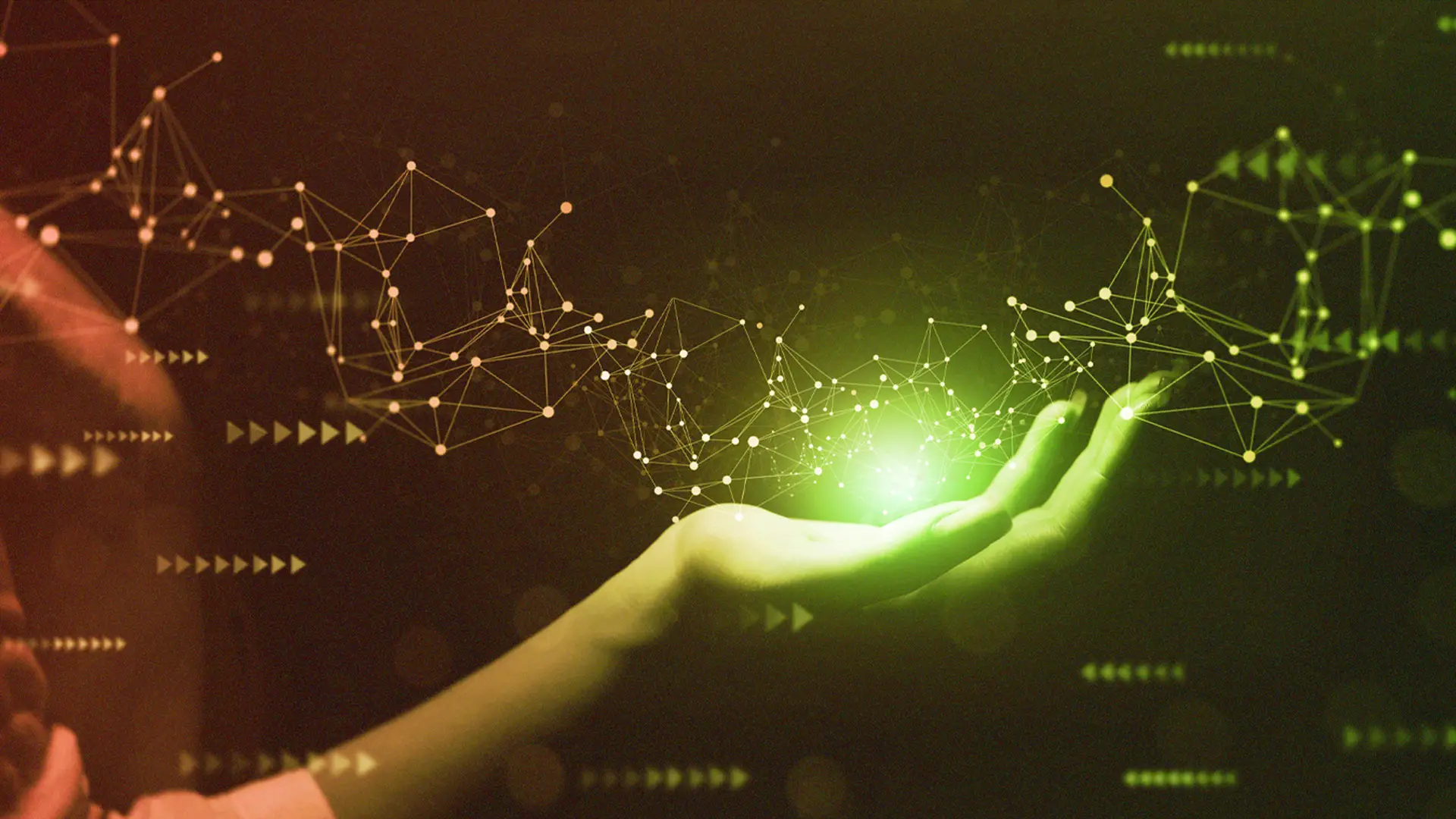Key Takeaways
- AI-Powered Productivity Tools: Tools like AI Notetaker by Fathom and OtterPilot showcase the power of AI in the workplace by automating tasks such as meeting transcription, summaries, action items, emails, and workflows, boosting productivity.
- Personal AI Assistants: Employees may soon have AI bots for tasks like note-taking, report generation, and data analysis, enhancing efficiency.
- Domain-Specific AI for Security: AI tailored to organization-specific data reduces risks like data breaches and ensures accuracy in high-stakes environments.
- AI's Role in the Future of Work: As AI evolves, it may take on tasks like ideation, decision-making, and running meetings, with humans overseeing.
Listen: New potential for AI-powered assistants in the workplace.
In addition to everything else AI is good at, AI has gotten particularly great at digesting, analyzing, and summarizing discrete amounts of data, in any medium. The market is currently flooded with apps that leverage AI's ability to notate video conferences. AI Notetaker by Fathom is a free app that records, transcribes, and summarizes Microsoft Teams, Google Meet, and Zoom meetings. “Turn a thirty-minute call into a one-minute read!” proclaims their website.
Finally! Something that turns your meeting that could have been an email … into an email. Motion from Amplitude automatically plans workdays and schedules team projects based on priorities and tasks. Chrome extension Tactiq, an AI note-taker for Microsoft Teams, provides transcription and AI summaries that ensure “you always take the right actions and get more out of your meetings.” The app will also craft follow-up emails, create action plans, write Jira tickets, and format notes into project updates.
AI-powered devices, such as the HiDock H1E, provide recording, transcription, and summaries, capturing “every sound from Zoom, Teams, WhatsApp, FaceTime, podcasts, and more.” Finally, OtterPilot, “The #1 AI Meeting Assistant,” “automates workflows to increase productivity.” It one-ups AI Notetaker by condensing an hour-long Zoom, Google Meet, or Microsoft Teams meeting into thirty seconds, after which it will capture and assign action items to your employees. Additionally, OtterPilot “extracts sales insights, writes follow-up emails, and pushes call notes to Salesforce and Hubspot.”
It's only a matter of time, then, before business owners begin issuing employees their very own personal AI assistants. Theoretically, AI assistants should be useful at every level of the organization since they can accelerate the completion of any task. They'll take meeting notes, provide summaries, generate reports, analyze metrics, and determine actionable next steps.
The “more” matters most
Where might this all lead? For instance, instead of simply assigning action items to employees, how long before OtterPilot assigns the action items to itself?
Taken to its logical conclusion, the “more” of what AI device manufacturers think their products will record, transcribe, and summarize is not going to end with meetings. In fact, the “more” may not end at all. The way I see it, AI bots and devices will soon be pervasive in the enterprise, where they will constantly observe and analyze the sights and sounds of their environment in real time.
For the record, AI wearables already do this. Multimodal AI may provide the next level of rapid organizational evolution by combining data from different media sources to generate novel insights. Once a company has assigned each employee their own bot, networking them all together, enabling them to communicate (and commiserate) will certainly also enable new and profound advancements in productivity, automation, “and more.”
So, what are the risks to the business? Maintaining security and data privacy? Domain-specific AI solves this problem. Domain-specific AI trades access to all the internet's data in exchange for greater precision and tighter security—a crucial balance in high-stakes business applications. Domain-specific AI is limited to a fixed pool of training data specific to your organization. This approach minimizes hallucinations while safeguarding your data from becoming publicly accessible or being used as training material for AI models like ChatGPT.
In addition to feeding their personal AI bot a steady diet of confidential business data, your employees will get their work done by actively engaging their personal AI bot in conversation (another thing AI wearables already do). Presumably, these AI devices will fill any gaps in their understanding by responding with questions. Through these ongoing conversations, combined with data from other media and input from other bots throughout the organization, the AI will achieve an unprecedented depth of business awareness.
The big question, then, is this: by giving AI access to our every utterance, by allowing it to analyze every meeting, digest all our business data, every strategy, presentation, and report, won't we be training it to do our jobs? Who needs Bob in accounting anymore?
Is this the plan?
How long before AI is allowed to flip the switch on us? At what point will AI stop simply recording, transcribing, and interpreting our data—and begin generating new business ideas? How long before AI runs the meeting, or even assumes every role in an organization? Even as AI takes on more responsibilities, human oversight will remain essential. The transition from ideation, production, and analysis to verification may mark a shift in roles, but humans will still be indispensable. Beyond just confirming the accuracy of AI-generated reports and presentations, human involvement will be crucial to ensure ethical decision-making, contextual understanding, and the responsible application of AI outputs. No matter how advanced AI becomes, the human touch will always be necessary to guide and govern its impact.
Perhaps Google is already secretly developing business-persona AI: the AI Chief Brand Officer, the AI Marketing VP. Maybe one day, starting a business will be as simple as going online to purchase an entire staff. Or perhaps AI could grow autonomous enough to start its own companies—why not a video-game business, or any type of software company for that matter? But even as AI capabilities expand, there’s no substitute for human creativity, strategic vision, and emotional intelligence. If your boss were to give everyone on your team their own personal AI assistant, should you worry about your job? Probably not—at least not for a while. Instead, think of AI as a powerful tool to enhance your work, with humans continuing to guide, innovate, and make the critical decisions that machines can’t replicate. Have fun training your AI assistant—it’s here to help, not replace you.
Latest.

EAA and WCAG: a guide to EU accessibility compliance.
Engineering & Technology, Experience & Product, Innovation & Emerging Tech

How to attract and retain Gen Z talent.
Diversity, Equity & Inclusion, Leadership & Management, Retention Strategies, Talent Acquisition & Recruitment

How to conduct a creative audit: a step-by-step guide.
Consulting & Operations, Content & Creative, Marketing & Analytics









